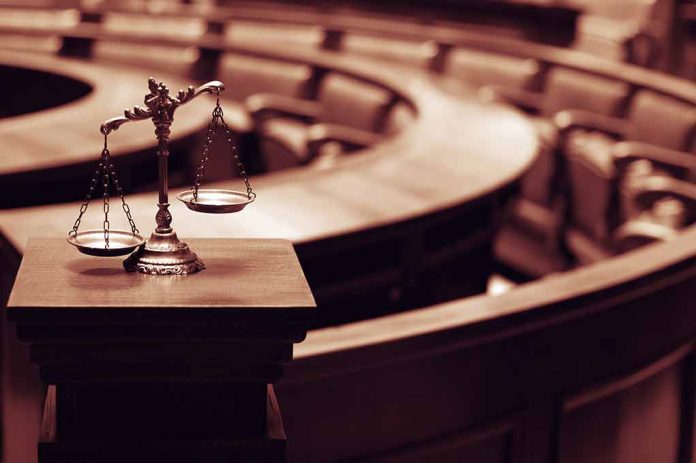
President Joe Biden’s decision to pardon his son, Hunter Biden, has sparked a heated debate over the scope of presidential pardoning powers and the need for legislative review.
At a Glance
- Special counsel David Weiss objected to dismissing Hunter Biden’s tax charges after the presidential pardon.
- Critics argue the pardon undermines the judicial process and raises concerns about conflicts of interest.
- Lawmakers and commentators call for a review of the broad presidential pardoning powers.
- The debate highlights the potential implications for the balance of power and justice system integrity.
Presidential Pardoning Powers Under Scrutiny
The recent presidential pardon granted by Joe Biden to his son, Hunter Biden, has come under intense scrutiny. Special counsel David Weiss expressed objection to dismissing Hunter Biden’s tax charges, highlighting a contentious point that the pardon does not erase guilt or conviction. This divisive act has raised questions and concerns among lawmakers and the public, emphasizing the potential misuse of presidential powers if left unchecked.
As Weiss argues, there is no legal precedent for dismissing an indictment purely based on a pardon, a statement met with bipartisan criticism that such actions could undermine the judicial process. This incident has served to bring the broader presidential pardoning powers into the spotlight, with demands for a systematic review to prevent potential future conflicts of interest and ensure equitable justice.
Diverse Reactions and Legislative Calls
The pardon has garnered reactions across the political spectrum. While some GOP lawmakers expressed a level of understanding toward Biden’s paternal instincts, they criticized his reversal from previous anti-pardon stances. This contradiction raises questions about the consistency and ethics of exercising such power. Prominent figures and commentators, like Vivek Ramaswamy, vocalized their predictions and criticisms regarding the pardon, citing it as politically motivated.
The controversial decision has polarized opinions, with figures such as Rep. Gerry Connolly advocating for tighter controls on the presidential pardoning authority. This issue sparks necessary discussions on the roles and limits of such power to maintain balance and fairness within the judicial framework. Comparisons between Biden’s actions and former President Trump’s past pardons further fuel the debate, highlighting the need for legislative review.
Potential Implications and Future Considerations
President Biden’s pardon decision carries potential implications for both his administration and future presidencies. Analysts speculate on how this move could affect Democratic messaging against figures like Donald Trump. Moreover, this incident prompts broader discussions on potential legislative measures to define and restrict the presidential pardoning capacity, ensuring it aligns with public trust principles without favoring personal or familial interests.
The emphasis on refining these powers to include checks and balances may set a precedent for future presidencies, urging lawmakers to establish clearer boundaries. Ultimately, maintaining transparent justice mechanisms remains critical to upholding constitutional integrity and public confidence in the system.













